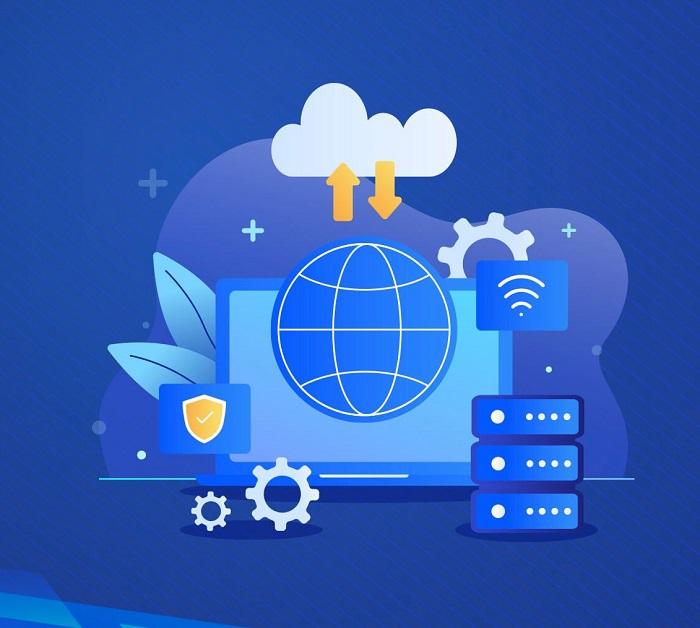Profiling the Ecosystem of Modern Software-Defined Security Providers

The Virtual Security Appliance industry is a highly competitive and innovative ecosystem composed of traditional network security titans, agile cloud-native startups, and major cloud service providers. The established leaders, such as Palo Alto Networks, Fortinet, Cisco, and Check Point Software Technologies, form the bedrock of the industry. These companies have successfully ported their extensive feature sets and sophisticated threat intelligence capabilities from their market-leading hardware appliances into virtualized form factors. Their primary competitive advantages are their trusted brand names, large existing enterprise customer bases, and their ability to offer a unified security management platform that provides a consistent policy framework across both physical and virtual environments, which is a key requirement for organizations with hybrid infrastructure.
Alongside these incumbents, the industry is constantly being energized by a wave of innovators and specialized players. These companies often focus on solving specific challenges unique to cloud-native environments, such as container security, API security, and serverless security. Their solutions are typically built on a microservices architecture, are API-driven, and integrate deeply with cloud orchestration and automation tools. This focus on "DevSecOps"—embedding security into the development pipeline—appeals strongly to modern, agile organizations. While they may not have the broad portfolio of the larger players, their agility and specialized focus allow them to drive innovation in key areas and often make them prime acquisition targets for the established vendors seeking to expand their capabilities.
The major cloud service providers (CSPs) like Amazon Web Services (AWS), Microsoft Azure, and Google Cloud Platform (GCP) are also a crucial part of the industry's fabric. While they are partners to the security vendors through their marketplaces, they are also competitors, offering their own suite of native security tools (e.g., AWS WAF, Azure Firewall). This creates a "co-opetition" dynamic. However, the native tools often lack the advanced features and multi-cloud management capabilities of third-party virtual appliances. Therefore, the role of the CSPs is often to provide foundational security, while the specialized virtual appliance vendors offer the advanced, enterprise-grade protection and centralized management that most large organizations require to secure their multi-cloud deployments.







